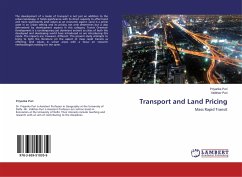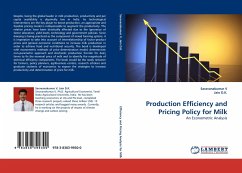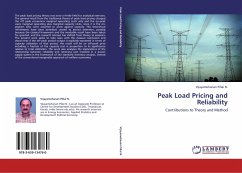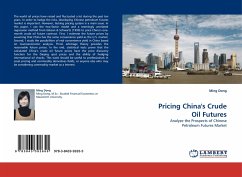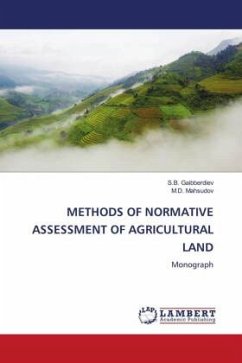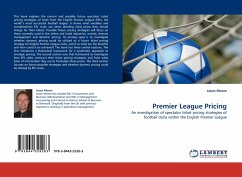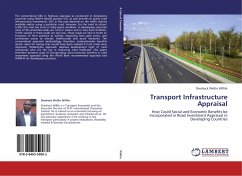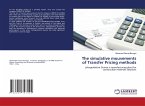The development of a mode of transport is not just an addition to the urban landscape. It holds significance with its direct capacity to affect land and more significantly land values as an economic aspect. Land is a prime asset in an urban setting and its pricing not only determines but is also determined by development aspects. In this category, Transit Oriented Development is a contemporary yet dominant entrant as cities of both the developed and developing world have introduced or are introducing this mode. The impacts are, however, different. The present study attempts to bring to light the literature on the aspect of mass rapid transits as affecting land values in urban areas with a focus on research methodologies existing for the same.
Bitte wählen Sie Ihr Anliegen aus.
Rechnungen
Retourenschein anfordern
Bestellstatus
Storno

